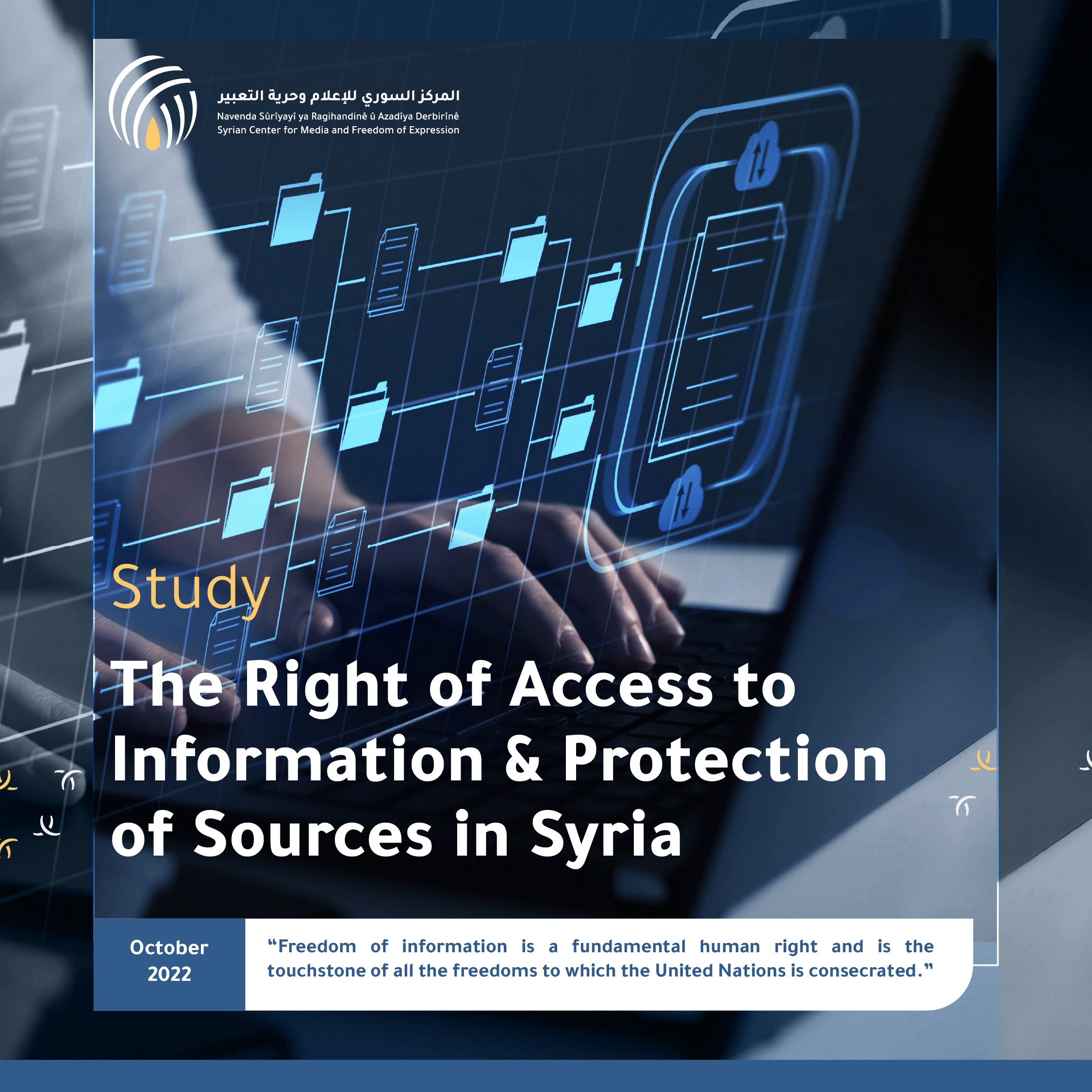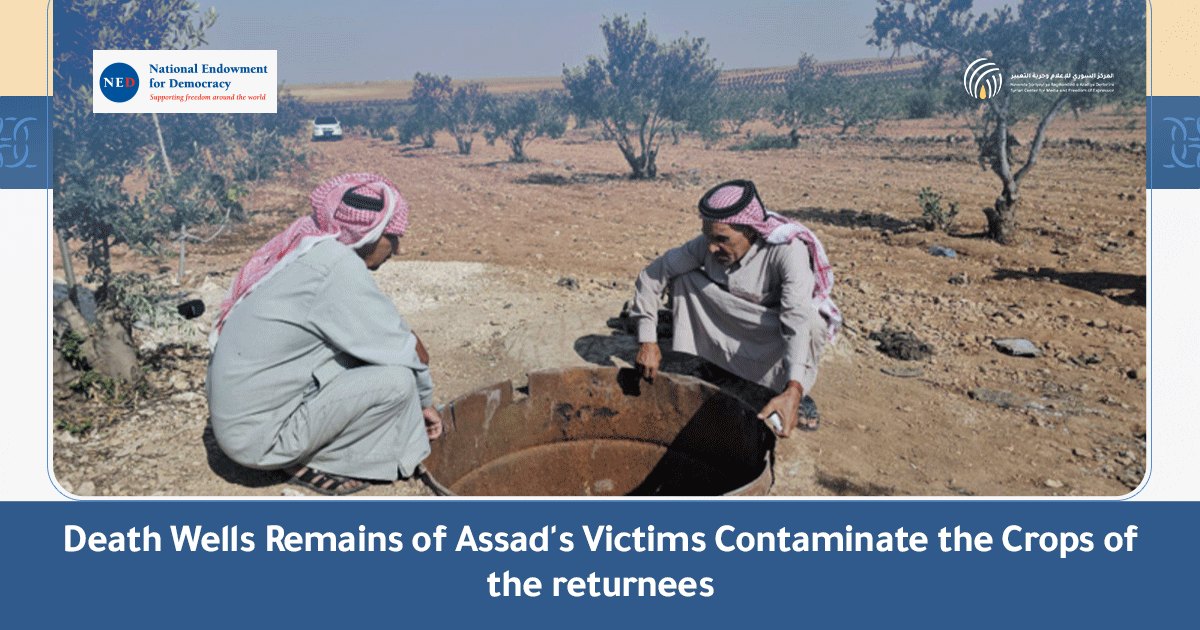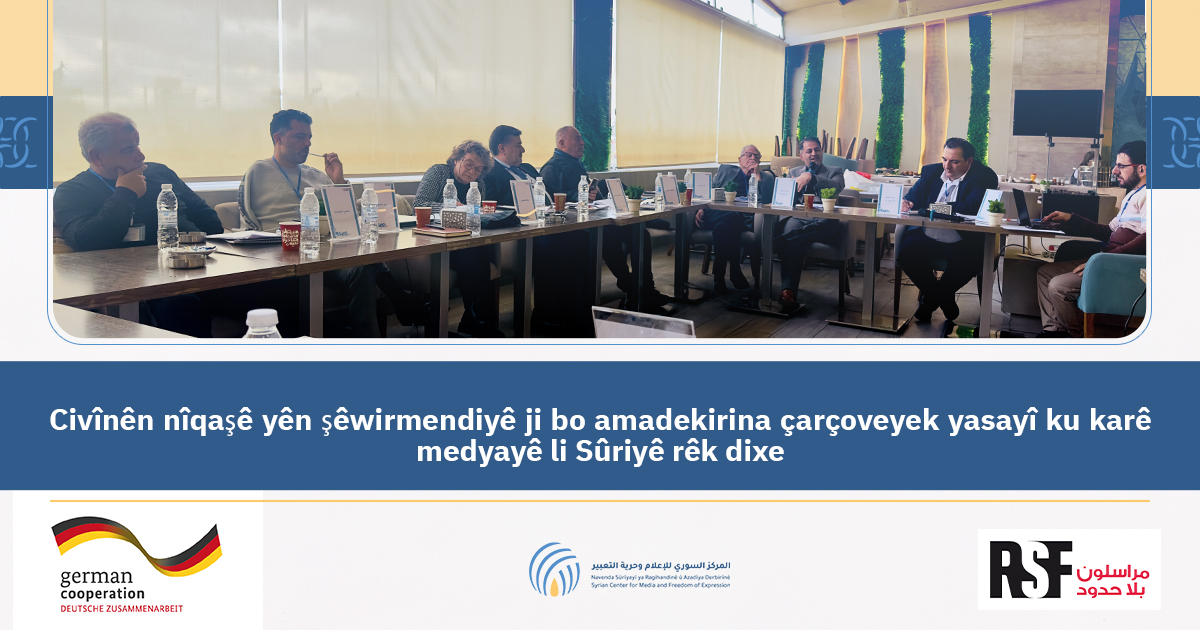Executive summary
The public’s right to know and to have access to information is a cornerstone in any democracy worldwide, because the effective participation of citizens depends on information. Access to information is also an essential tool to fight corruption and reveal government misconducts. Through information, journalists, NGOs and citizens can highlight mistakes to help address them. Access to information has also become a basic human right for the realization of other rights. It is a prerequisite for individuals to participate in community work and make wise decisions. Fulfilling the right to information is also a prerequisite for achieving full gender equality and justice.
Since the right to freedom of expression and freedom of the press cannot be realized without the right of access to information, the world has, in the last thirty years, witnessed a plethora of laws enacted towards this end. 110 countries have passed laws on access to information. 134 countries have so far passed legislation guaranteeing this right, including seven Arab countries: (Jordan 2007, Tunisia 2011, Yemen 2012, Sudan 2015, Lebanon 2017, Morocco 2018, and Kuwait 2020). In addition, Egypt and Algeria have enshrined the right to access and share information in their constitutions (through the 2016 constitutional amendment in Algeria and the 2019 constitutional amendment in Egypt).
This study aims to highlight the importance of this matter with the hope to enhance people’s participation in the public dialogue about the necessity to enact such a law in Syria to ensure access to information for citizens in general and journalists and media professionals in particular, and to protect information sources and advocate for this end.
Accordingly, a team from the Syrian Center for Media and Freedom of Expression (SCM), in cooperation with the independent researcher Orwa Khalifa, conducted a survey among Syrian journalists to explore their views about issues related to the freedom of access to information and protection of journalistic sources in order to build comprehensive understanding of the challenges facing these two critical issues for journalism and freedom of expression in Syria. Meanwhile, this study is just a first step in line with the global trend toward legalizing the right to access information. We still need to conduct multiple discussions with various influencers in formulating such a legislation and identify stakeholders in order to draft a comprehensive access to information law in Syria.
To read the study:





